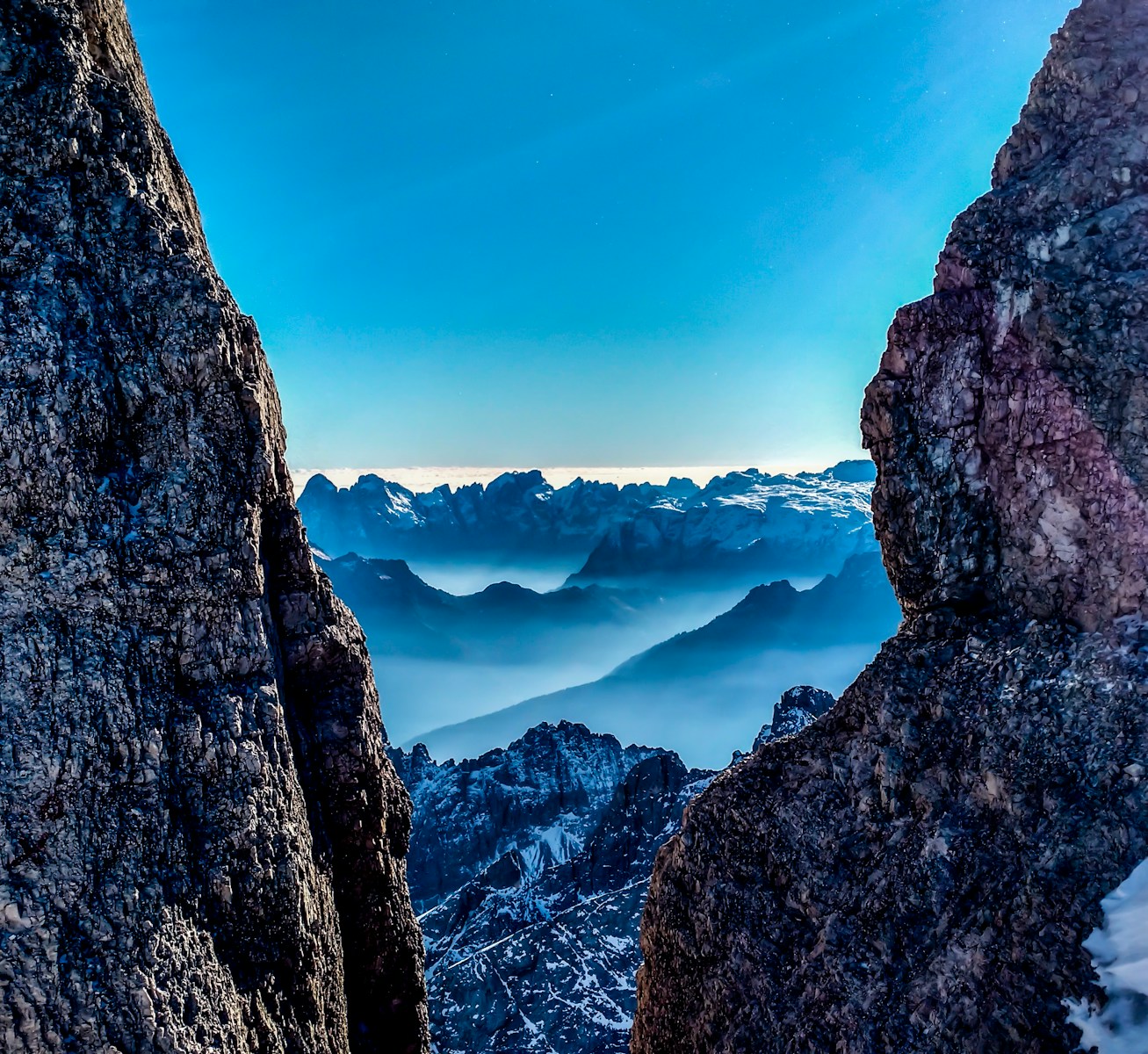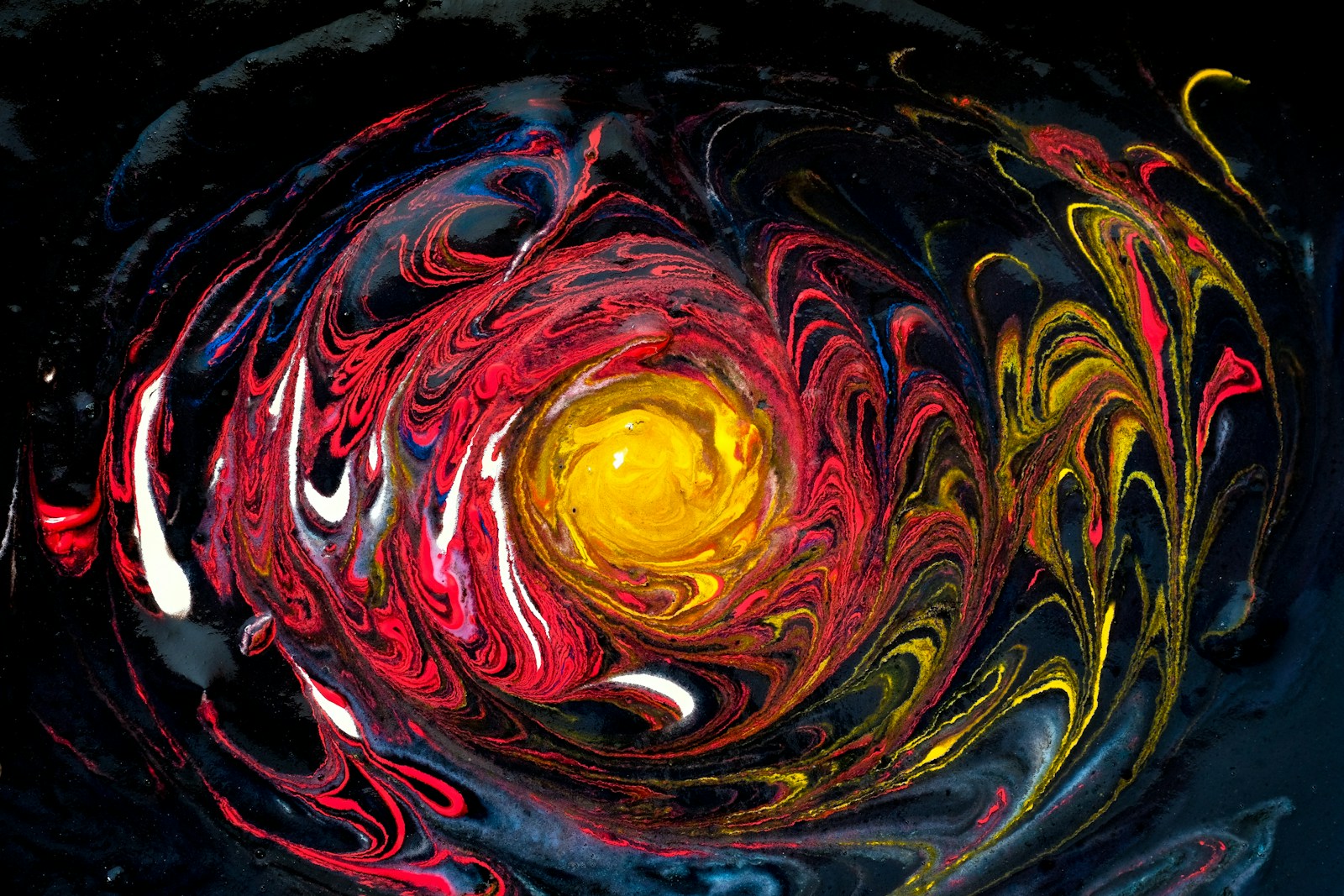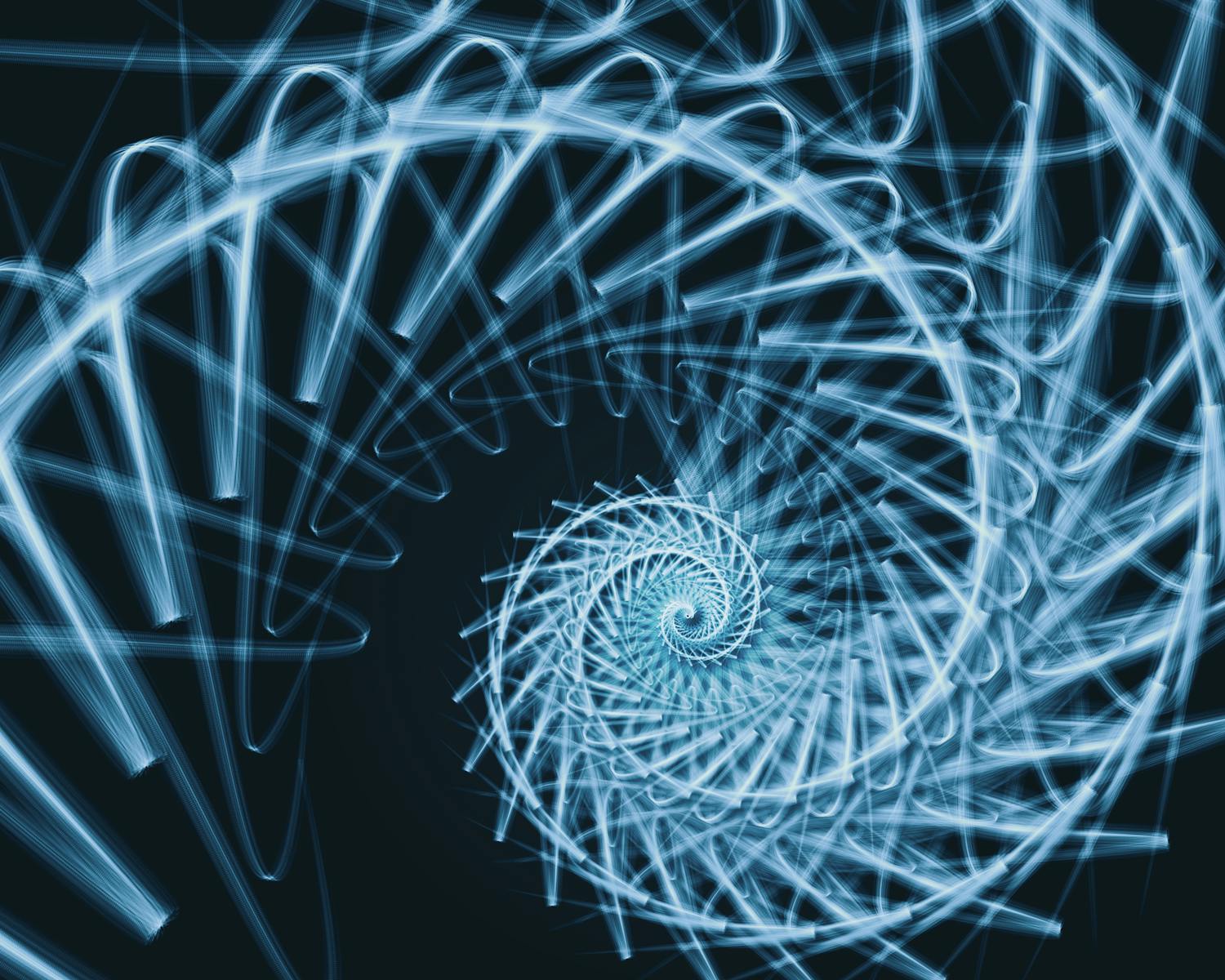Abraham Maslow was an American Psychologist whose concept of a Hierarchy of Needs is a very well-known contribution to Western psychology.
Though the hierarchy of needs is Maslow’s most famous concept, another concept he called “peak experiences” was later expanded upon by Mihaly Csikszentmihalyi–who introduced the more popularized idea of flow theory–which I plan to delve into in a later post.
Here is an interview where Mr. Maslow is speaking about the concept of “peak experiences”:
In the video, Maslow says:
“I had come into this investigation [of peak experiences]…[like] a normal person of the culture, thinking that mystical experiences happen to one saint…every century or something like that.”
He goes on to talk about how many of the people he spoke to were reporting these peak–or mystical–experiences through many different “triggers” or “sources”.
Maslow also mentions that these experiences are universal–they aren’t religiously or culturally bound–and that people learn from them and feel changed.
Why Is The Peak (or Mystical) Experience Important?
If the greatest experience we are ever to have requires an object or a substance to be obtained, we are that much more dependent upon external circumstances for our well-being. Someone who has had a peak experience has also come to a fundamental truth about reality. They know that the sense of fulfillment that is generally thought to be coming from an object or a situation is actually from within them.
What’s happening when we experience bliss or happiness is that we are deeply surrendering to the moment–we’re not thinking–we’re completely present. In another sense, we are relaxing beyond a certain threshold and residing in the state that naturally arises. The further past this threshold we are, the deeper our sense of peace, bliss, and overall wellness.
Peak Experiences Help Guide Us To Higher Consciousness
Once we know that a higher state of being exists, we have something to move towards. On the contrary, if we never realize that we’re not experiencing reality as fully as we can, then we become convinced that more mundane experiences are the best that life has to offer.
Maslow describes peak experiences as “rare, exciting, oceanic, deeply moving, exhilarating, elevating experiences that generate an advanced form of perceiving reality”, so hopefully those words are enough to remind us that we’re not experiencing the height of aliveness through soda pops and cigarettes, junk food and television, or even through drugs and alcohol.
The term “higher consciousness” causes confusion. It has become such a buzzword that it seems like a fad and not a central part of every human’s experience. In a way, it’s sad that the term higher consciousness even exists, as it is simply referring to our non-conditioned or natural state–the state we’d be in if we were completely and utterly relaxed both mentally and physically.
Our level of consciousness ebbs and flows throughout our day, but we tend to agree that we feel best in the morning, especially after a good night’s sleep. We use how we feel in the morning as a point of reference for our general well-being throughout the day. In this same way, peak experiences become a reference point for people who experience them–and they can begin working towards a more consistent sense of psychological well-being.
Peak Experiences Are A Sign Of Psychological Health
With a peak experience as a waypoint, an experiencer can work towards a deeper sense of well-being, their effort brings about powerful psychological benefits. They become less anxious, less stressed, and more energetic. They regain a sense of purpose they can carry into their lives and work.
Over time, they can make the peak experience a staple in their lives instead of a novelty or oddity–which is how these experiences seem to be viewed by popular culture. It is far more odd that experiencing bliss and happiness for no tangible reason seems strange in our culture.
Maslow says in the video that he found that peak experiences “occur very widely through the population [….][and] “the higher the degree of psychological health, the greater the frequency of peak experiences, the higher they reach”, which stresses that these experiences are something that should be occurring regularly in our lives–that they are not some fluke or sign of disease.
Peak Experiences Make Us Wise
Maslow writes that “Knowledge of one’s own deep nature is also simultaneously knowledge of human nature in general.” (Maslow). Peak experiences take us deeply into our true nature and we intuitively learn vast amounts about ourselves that no words could adequately express. We come to a sense of knowing ourselves that enables us to understand others as well.
These experiences open us up to profound truths about the nature of reality. These truths weave their way through all human knowledge, including the two areas most commonly fretted over by humans: money and death.
Peak experiences break up our formerly hardened subconscious thought patterns. Even if only temporarily, we get an intuitive glimpse into possibilities and opportunities that were previously hidden from us. The peak experience brings us to the birthplace of insight and creativity. The implications of the realizations we come to during these experiences are wide-ranging and practical. They can be applied to everything from art and music, to business and scientific research.
Pursuing The Peak Experience
The beauty of pursuing peak experiences is that there are benefits even to the pursuit itself. It forces us to look deeply into our lives and our conceptions about reality. There are many paths to peak experiences, and while some people resort to drugs others choose a more natural path like yoga and meditation–which is the one I have chosen personally. Traditional Eastern yoga is probably the most direct natural path–it was devised with the pursuit of the peak experience in mind.
There are (of course) other paths as well. Generally, any activity that brings you deeply into the present moment and shuts down your analytical mind will help. Painting, flow writing, drawing, or physical exercise are just a few things that might help. The key is finding a way to consistently bring yourself into a deep state of physical and psychological relaxation and making this a long-term habit.




